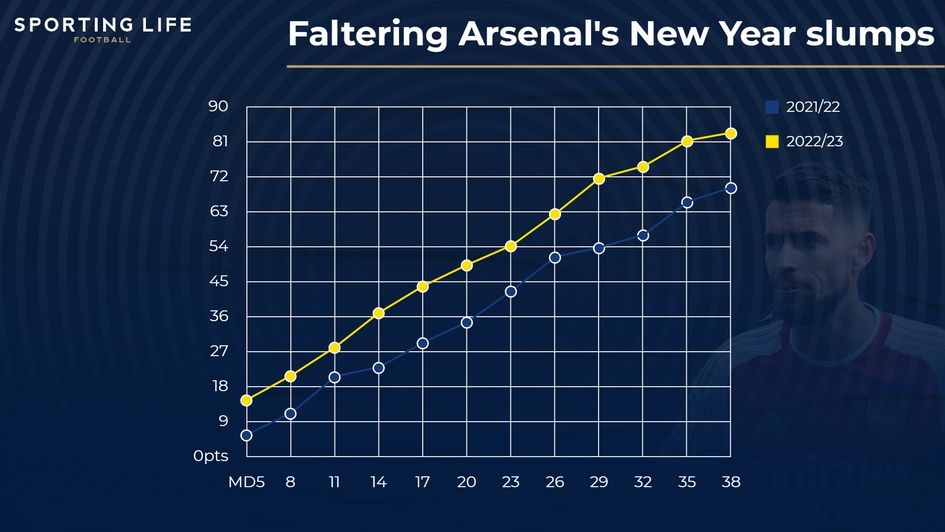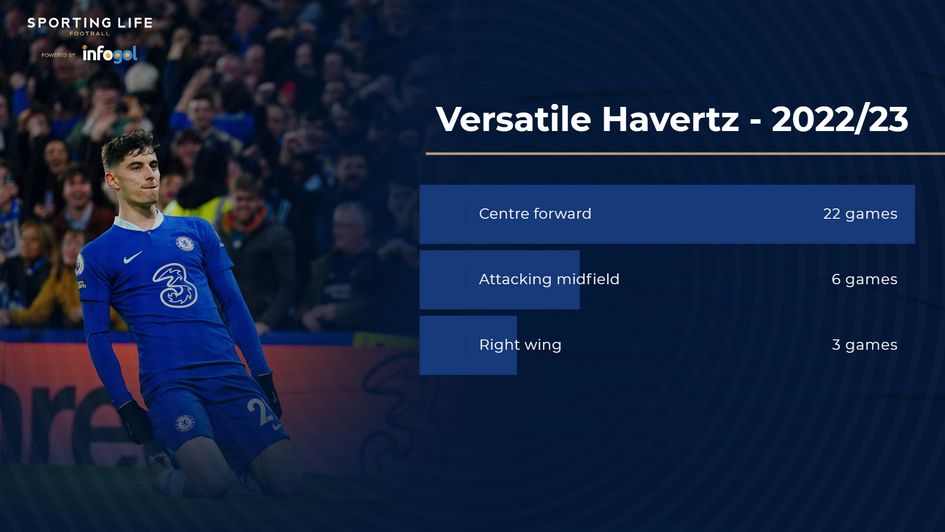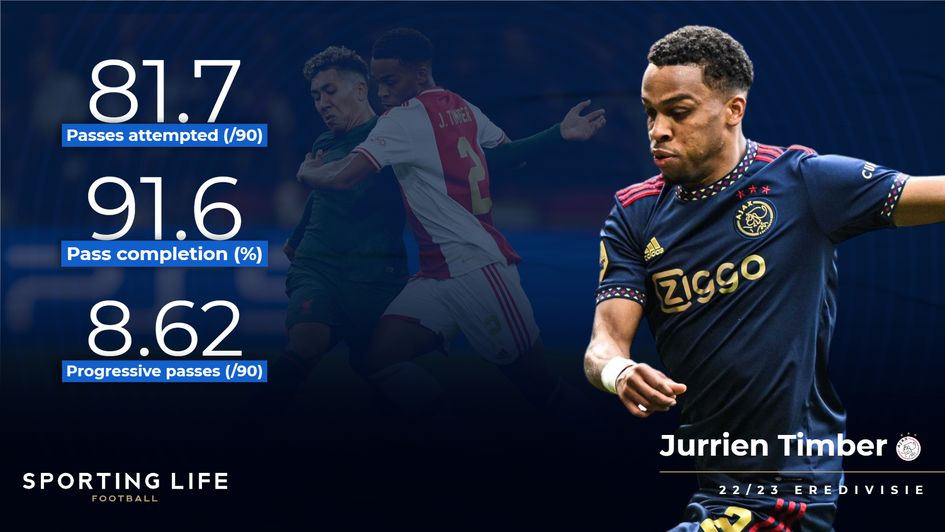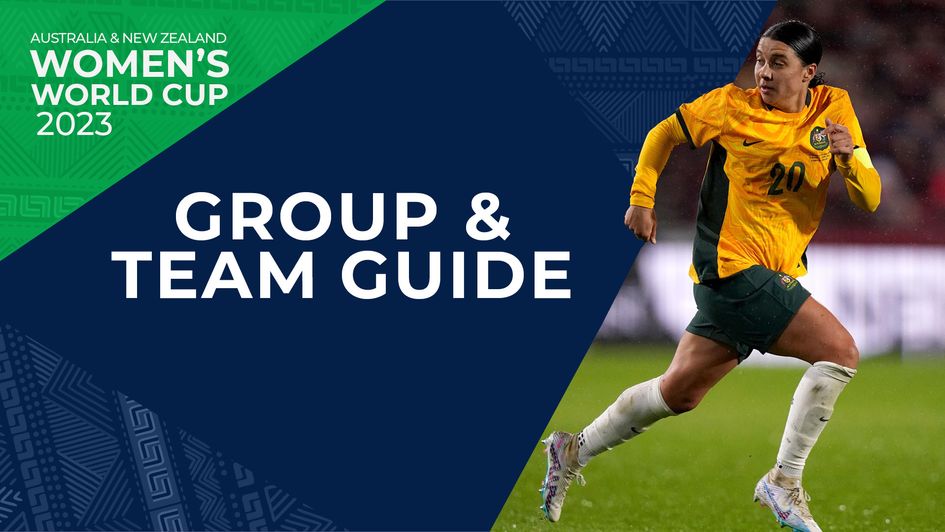If doubt still lingers over whether Arsenal have arrived as an elite club with staying power it is merely residual damage from two decades of miserable stagnation, a hangover from a time of constraint and weary disappointment that some cannot quite accept is behind this club.
The imprint of the infinite Arsene Wenger slog, and of the spluttering Spursy false dawns since his departure, won’t fade until Arsenal consolidate a status redrawn last season.
Yet there is no logical reason to assume they will fail, not even after the ungainly fall that ended their title challenge earlier than anyone expected. A summer of clarity and action is enough evidence for that.
Early spending signs are positive
It is invariably a mistake to draw conclusions from a single transfer window or get suckered in by the modern obsession with victories declared outside a football pitch, but they can nevertheless be instructive when it comes to the direction of a club, the intelligence of its decision-makers, and indeed the long-term viability of the centre holding.
And for Arsenal, no matter how ominous the task of keeping up with Manchester City or fending off a resurgent Liverpool, a quick-fire £200million spend on three players tells us they have already passed the test. Even putting quality to one side for the moment, Arteta’s signings are laser-focused to correct the faults of 2022/23 and add the much-needed depth and variety Arsenal craved.

Last season they won 50 points from the first 19 matches, a 2.63-per-game average that put them on course for a centurion season, but just 34 points from the second 19, a 1.79-per-game average that is virtually identical to their rate for the preceding campaign when Arsenal finished fifth.
A downturn in form was anticipated, and perhaps that problematic spring set of draws can be explained without concluding Arsenal bottled it, but nevertheless they should not have regressed so completely to their 2021/22 form.
Injuries instrumental in 2022/23 downfall
The reason they did is simple enough. February’s damaging results against Everton (0-1) and Brentford (1-1) were during Gabriel Jesus’s absence. The four-game winless run in April occurred with William Saliba out.
Damaging defeats to Brighton (0-3), Manchester United (1-3), and Manchester City (1-3) were defined by the absences of Oleksandr Zinchenko or Thomas Partey. In fact, Arsenal won 100% of the matches in which Arteta’s first-choice XI started.
To correct the flaw, Arteta seemingly needed to sign five players to cover these positions while also ensuring all five were upgrades, which is what makes the acquisitions of Kai Havertz, Declan Rice, and Jurrien Timber so smart. Added together, these three players cover seven positions.
Havertz can play as a high number eight, a right winger, or a striker, adding depth in three problem positions; Rice is equally adept as an anchor or a number eight of opposing qualities to Havertz, further cementing Arsenal’s strength in the middle; and Timber can operate as an inverted right-back or a centre-back, therefore simultaneously competing with a weak point in Ben White, offering the midfield security from the opposite side should Zinchenko be injured, and covering for Saliba.

An arsenal full of options
One potentially overlooked reason for adding depth is that it also gives Arteta variation in how he can set up his team, developing a side that were often one-dimensional in the second half of last season, when opponents increasingly worked out how to negate Arsenal’s well-worn tactical rhythms.
In Havertz, Rice, and Timber, Arsenal inherit ways to mirror-image the system or to swap their formations around altogether via total reconfigurations of their midfield three. That is likely to be the focus of Arteta’s pre-season.
Then there’s the actual quality Arsenal are getting, which in all three cases is very high. Havertz was never quite understood at Chelsea but his intelligence weaving between the lines will be prized very highly within the detailed positional structures at Arsenal, where quick interchanges are essential to unlocking an opponent.
He was once among the most thoughtful and subversive young footballers in the world, only for the chaos and inconsistency at Chelsea to undermine those qualities. Consequently, top-level coaching from Arteta could see Havertz reach his potential as a creative midfielder who, uniquely at Arsenal, can also move into the forward line to produce goals and assists inside the penalty area.
This will be especially useful in matches against deep-lying opponents when Arsenal are tasked with hogging possession and picking a lock; last season they won just three of the seven Premier League matches in which they held 70% possession or more.
Marquee men can Rice to the challenge
Rice is the superstar signing, the nine-figure arrival whose only remaining doubters are those not looking hard enough; those who see a stocky gait and still assume Rice is an old-fashioned anchor. He is nothing of the sort, but instead a ridiculously gifted carrier of the ball under pressure and a sharp tactical footballer very much capable of being Arteta’s ‘lighthouse’, as he said this week.
Comparisons to Rodri, in press-evading and calm distributing from the base of midfield, are not an exaggeration, and Rice can have a similar influence on his new team.

Timber, arriving from Ajax, compliments Rice well and points to Arteta’s acknowledgement that Arsenal’s growing status in the game will invite a greater share of possession and territory. The 22-year-old is exceptionally good in possession, hence the belief at Arsenal he can adapt to play like Zinchenko - and therefore can add significant ball retention to a team that has lacked composure in some of the bigger matches.
According to FBRef, compared to all players in the same position in the ‘Big Five’ leagues over the last 365 days Timber is in the 97th percentile for passes attempted (79.84 per game), the 98th percentile for passes completed (93.3%), the 98th percentile for progressive passes (6.35 per game), and the 98th percentile for progressive carries (1.90 per game). He could be the piece of the jigsaw Arsenal supporters didn’t even know they were missing.
A true assessment of Arsenal’s ability to challenge for the 2023/24 title won’t be possible until next month, when we can analyse more rationally the extent to which a strange summer clear-out at Man City has affected their preparedness.
But as Arsenal supporters know, at this stage of the Arteta revolution there is no point in looking at your rivals, or indeed judging the outcome. It is all about the process: the purchases and the evolution of the team. And it has, so far, been a flawless summer.










